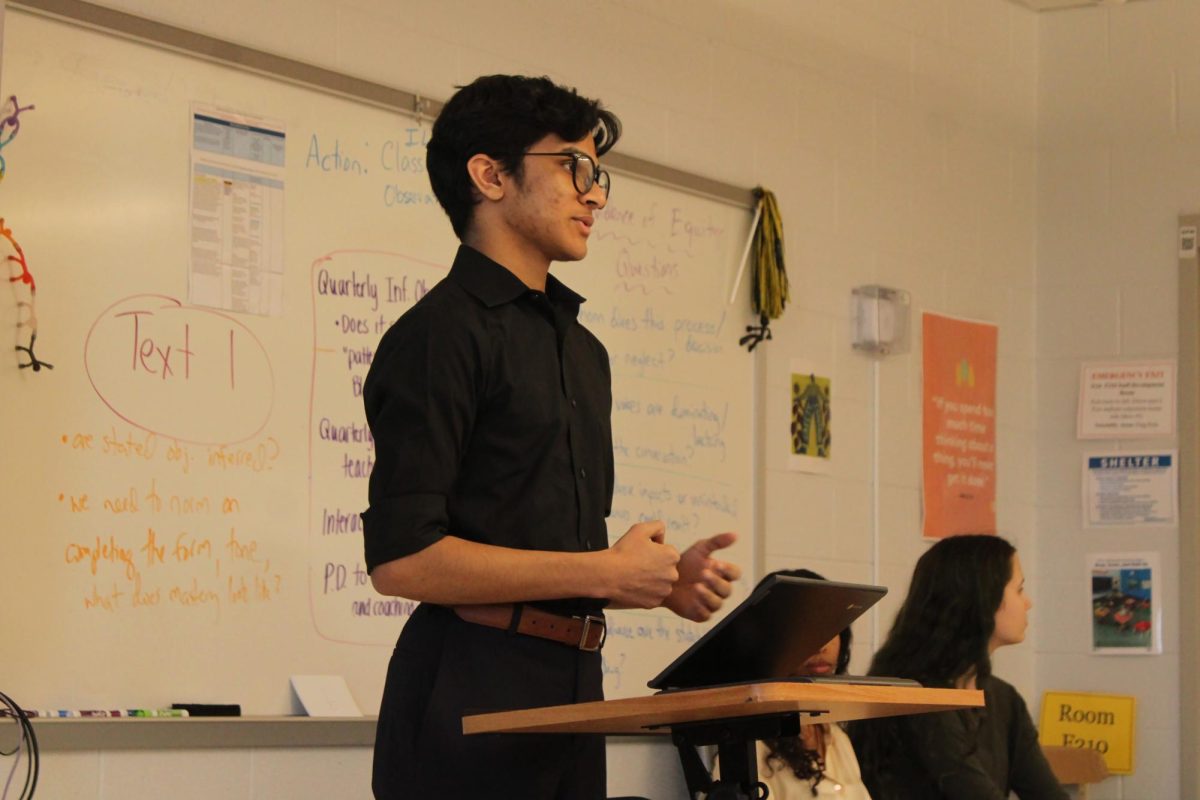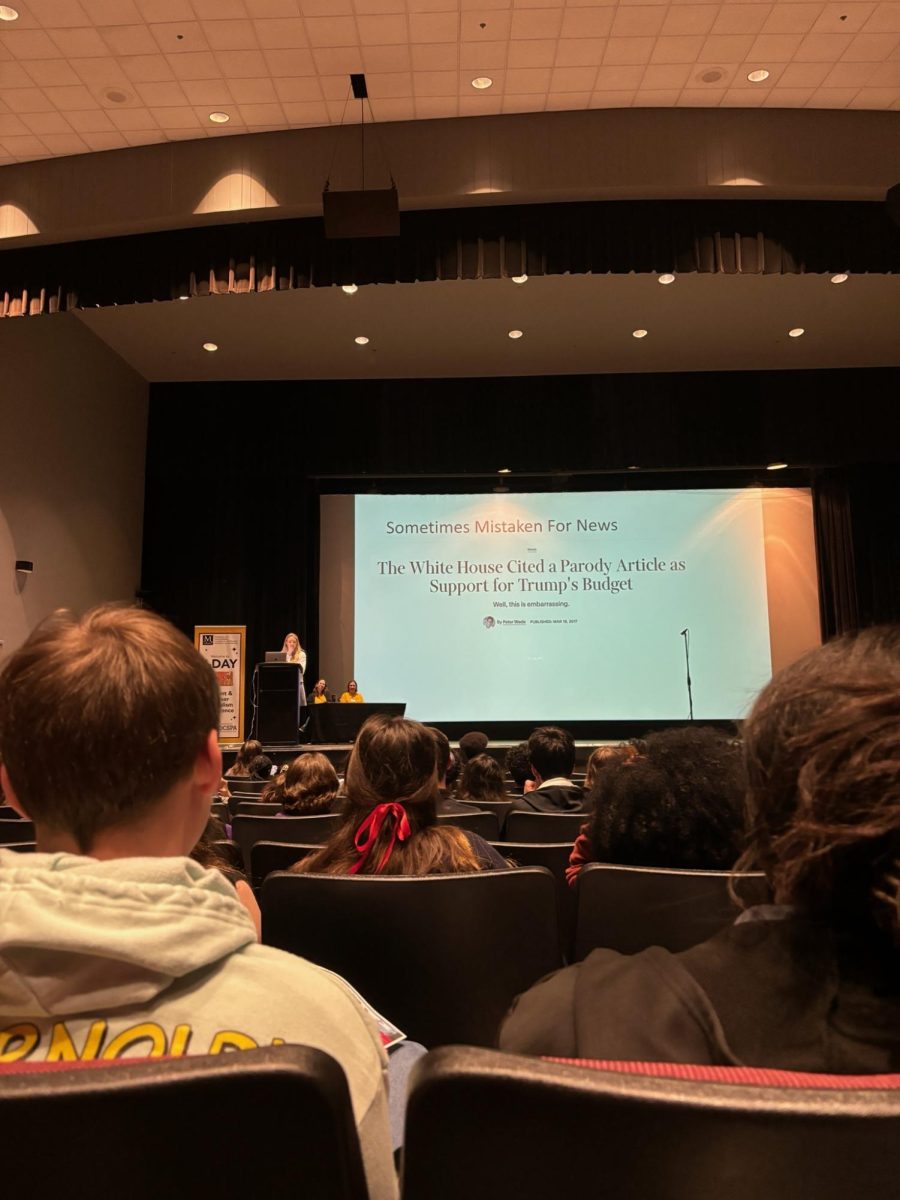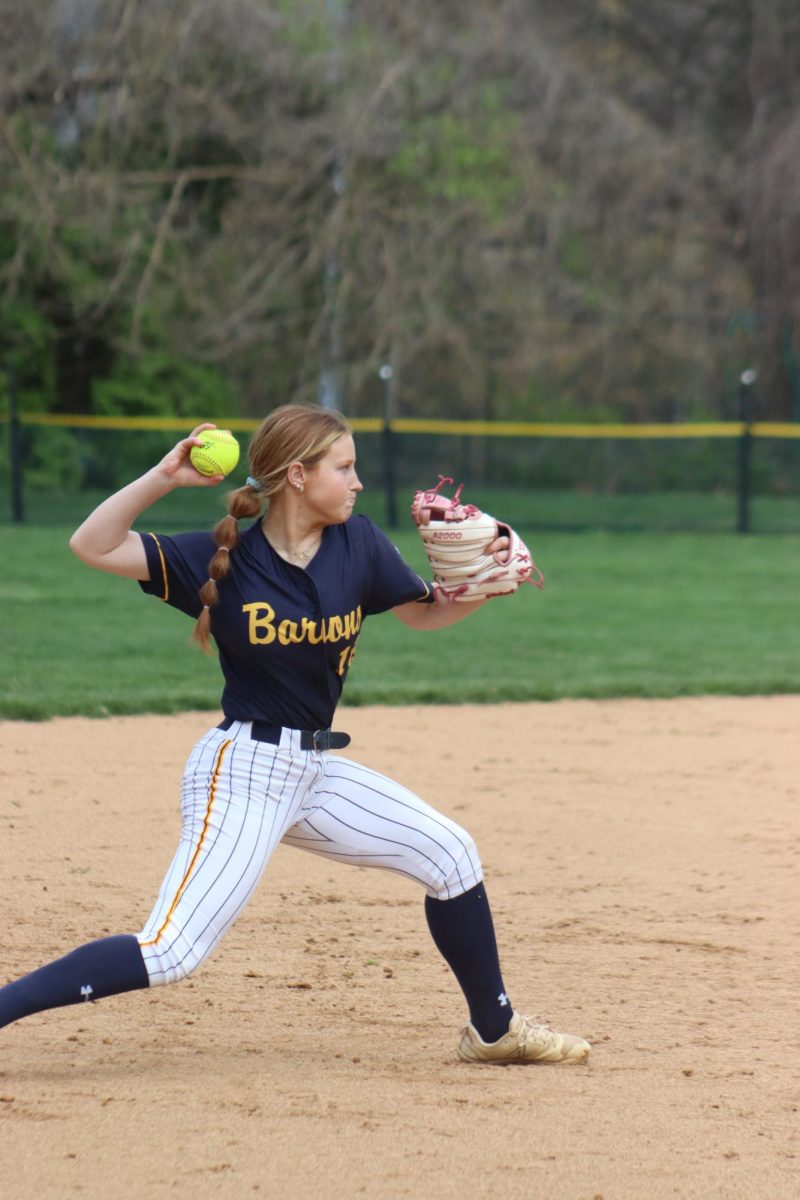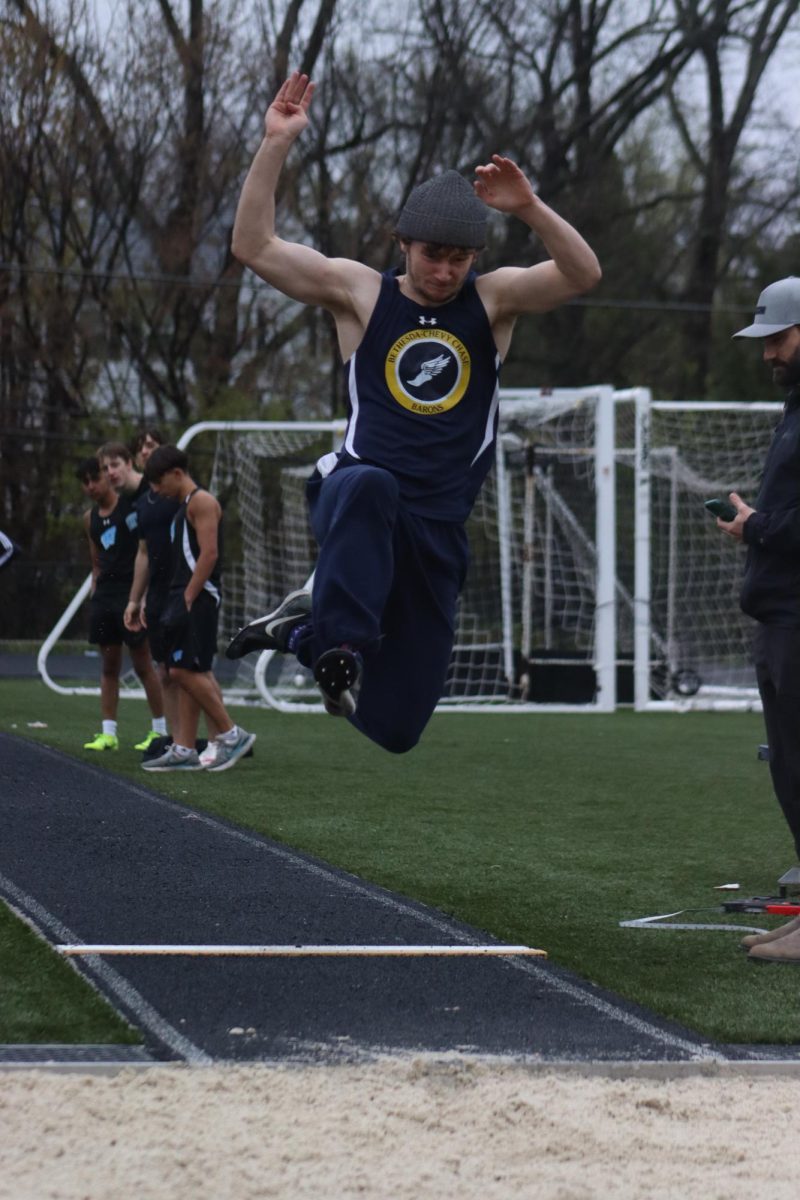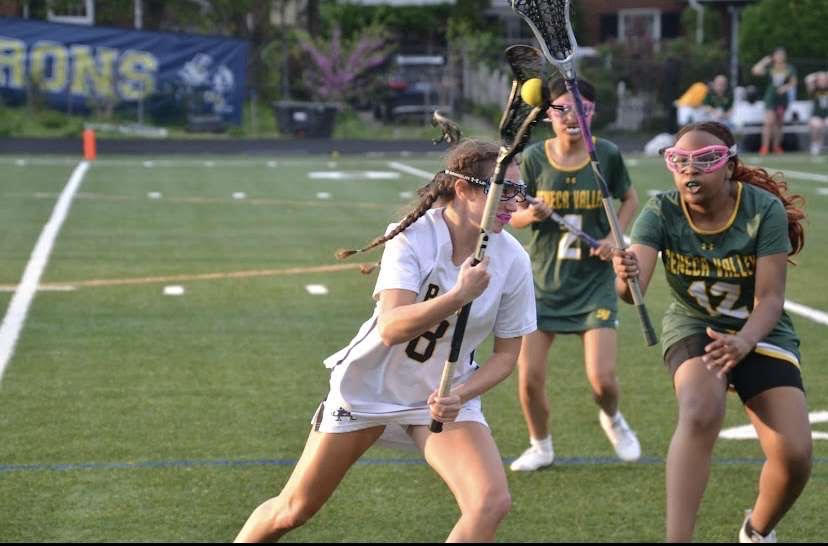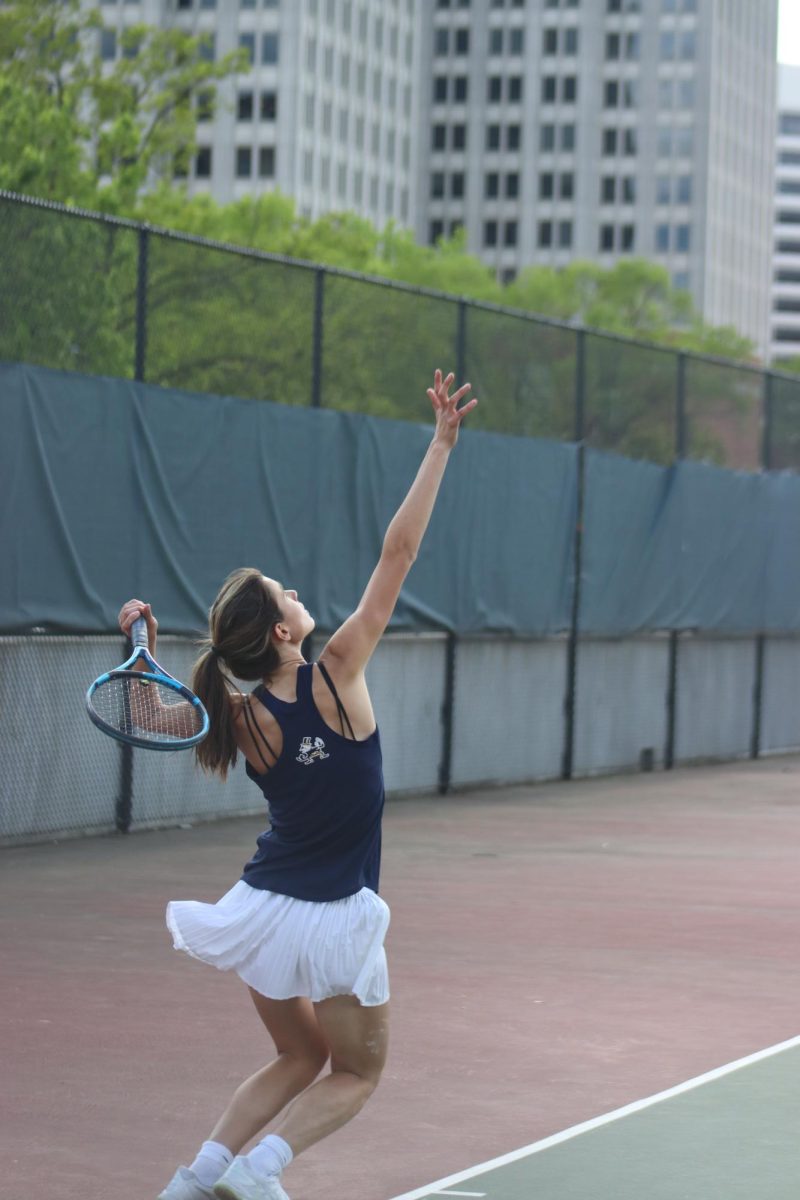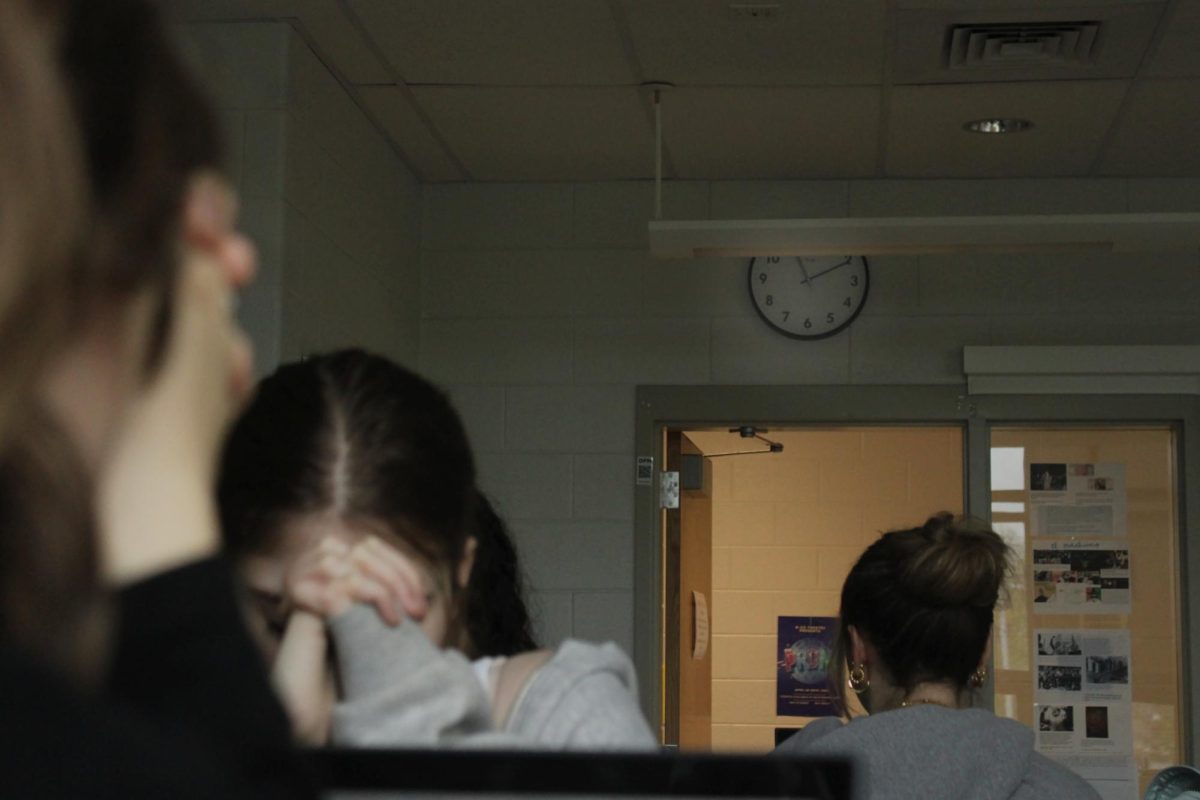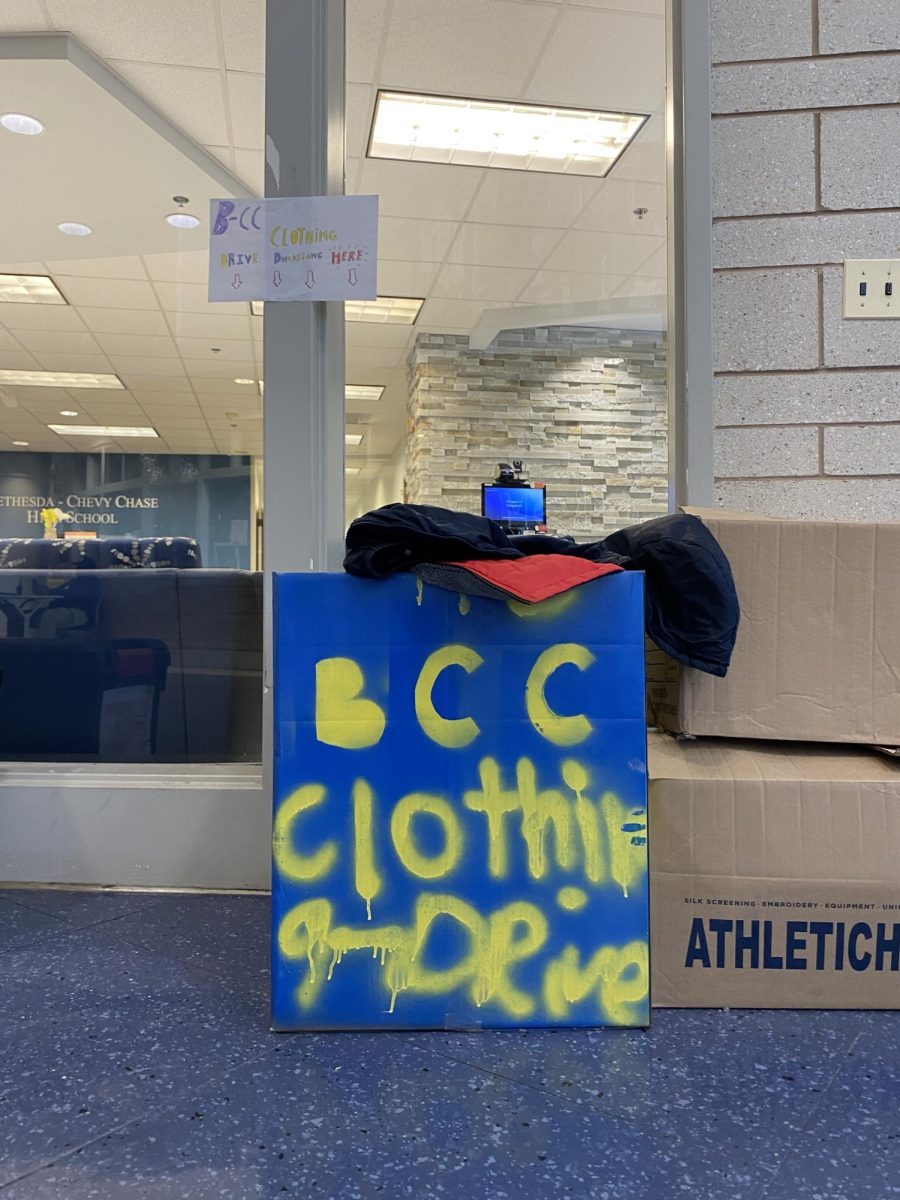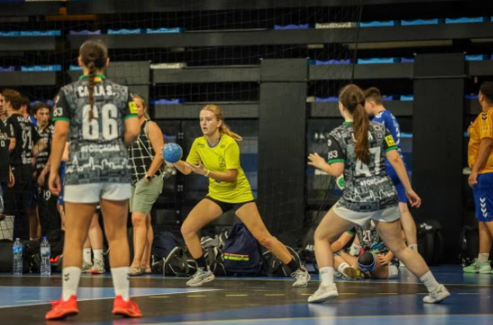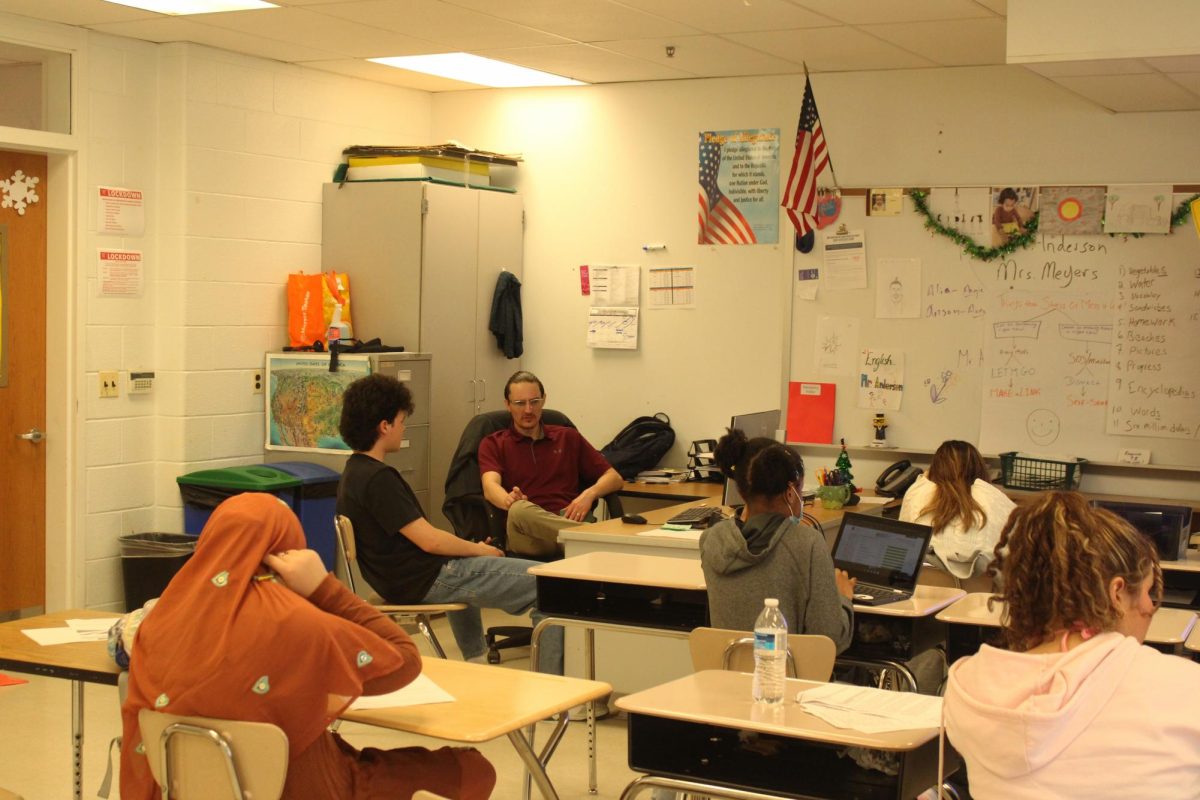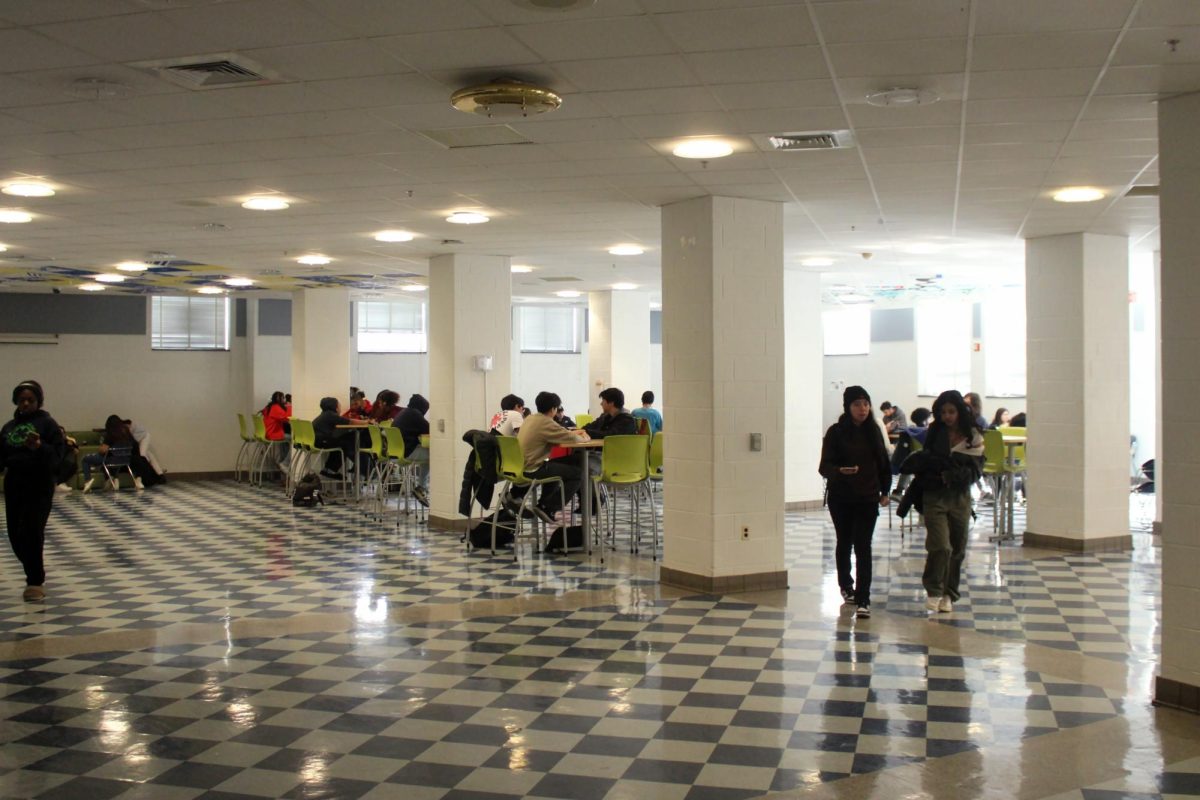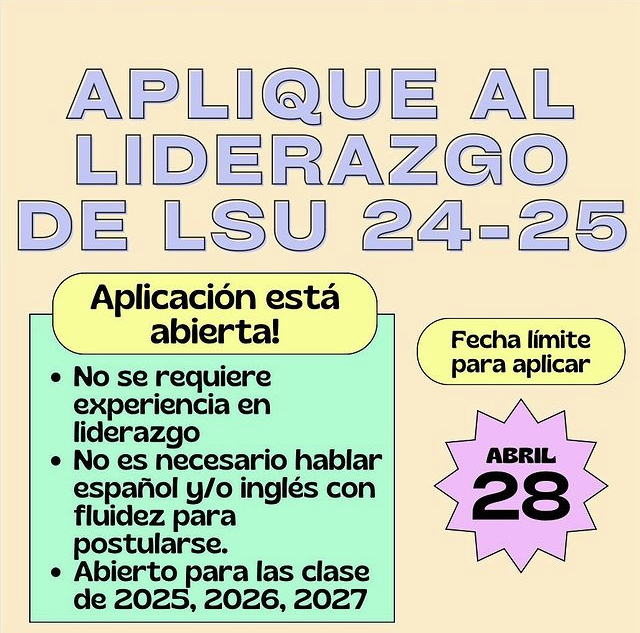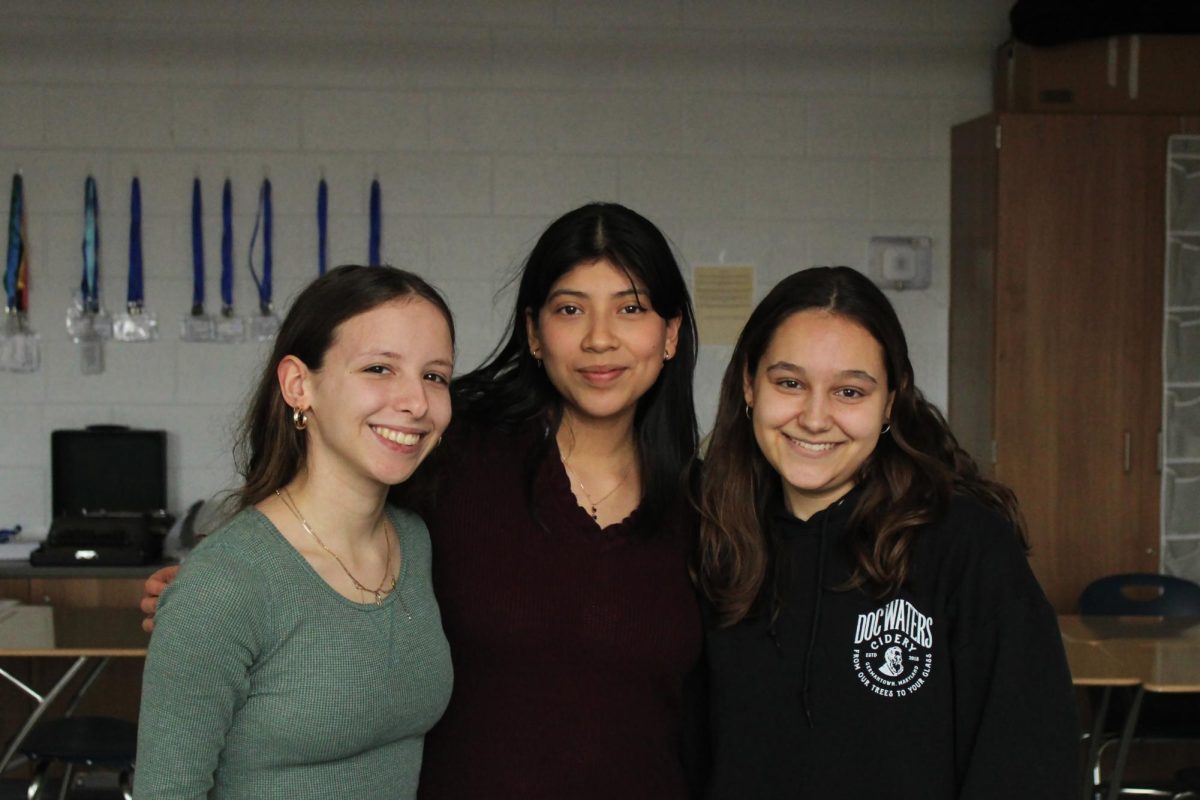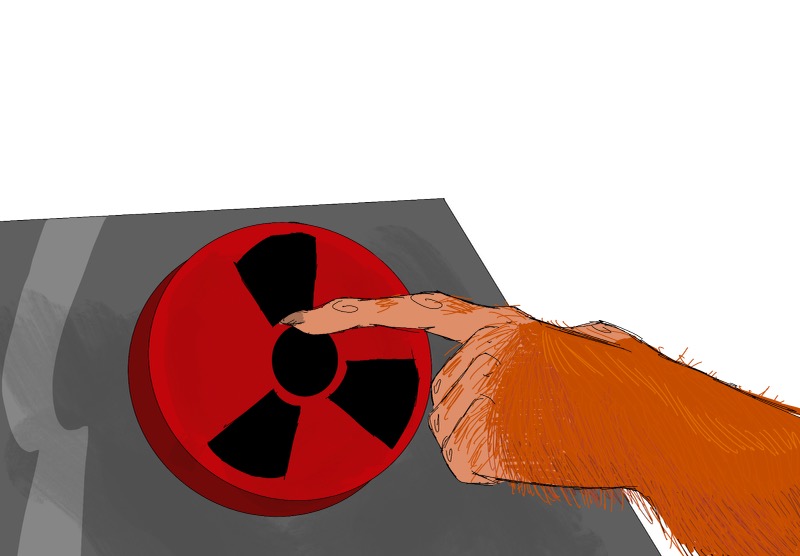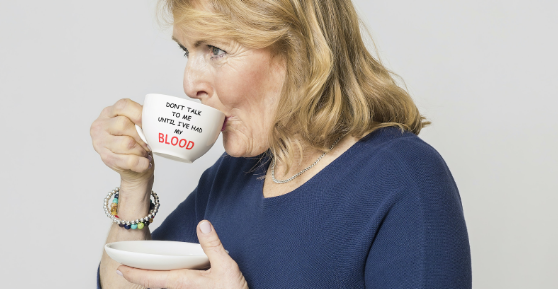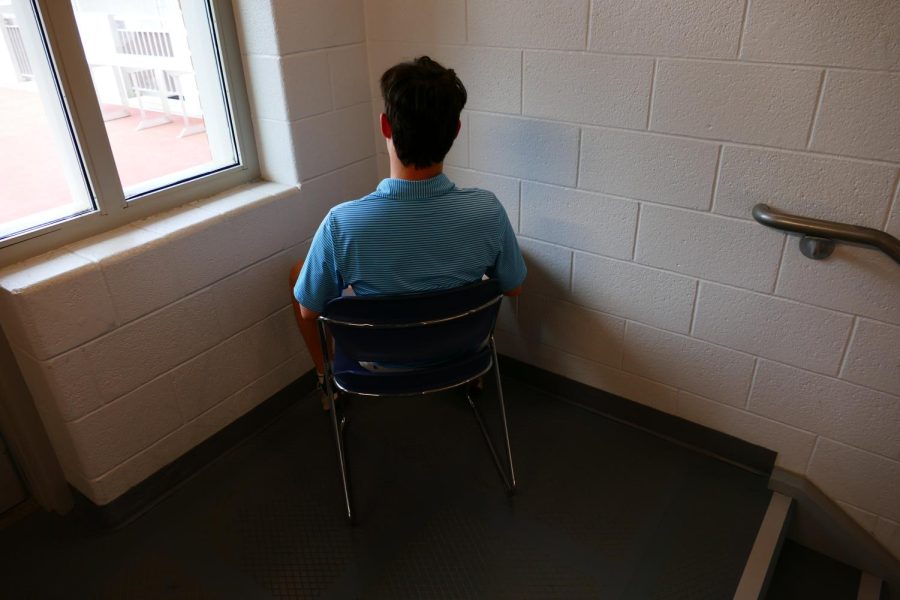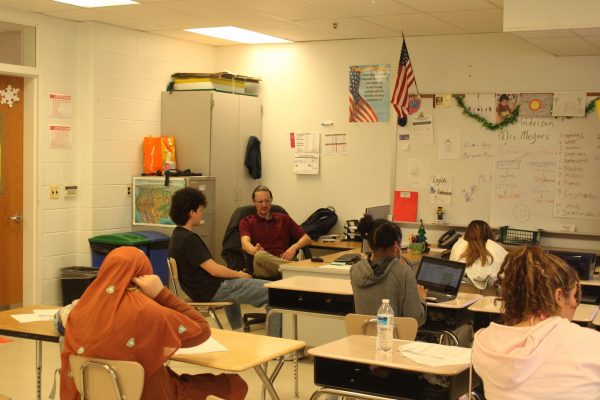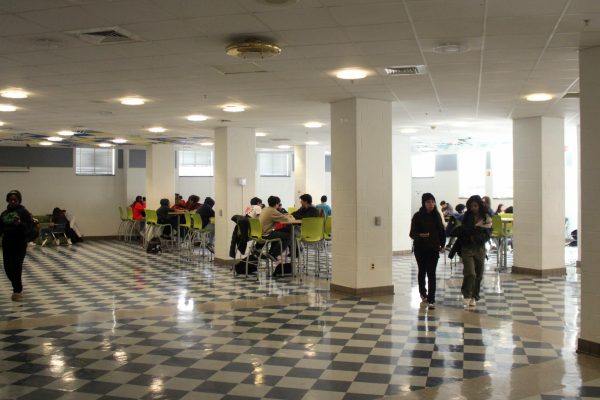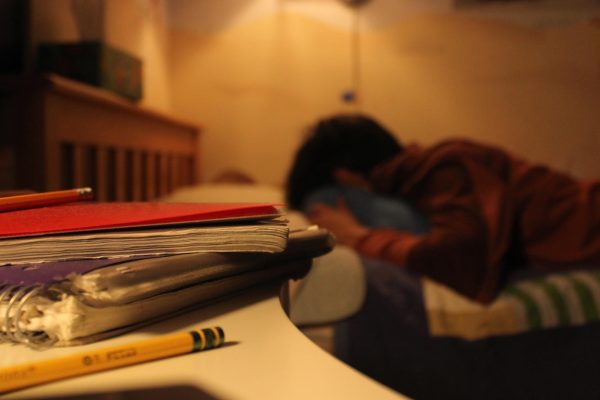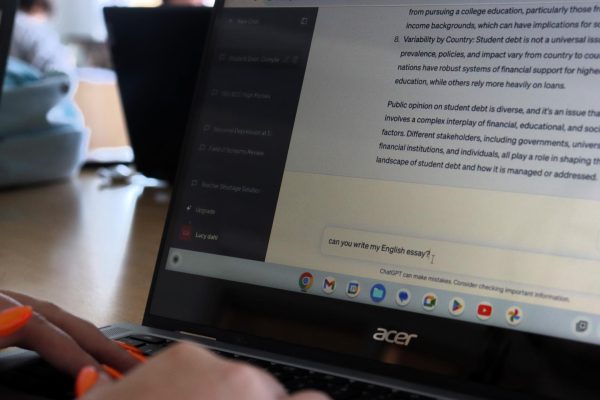B-CC’s Disciplinary Practices
June 14, 2023
“All we did was go on our phones and eat food,” said an anonymous B-CC student while describing the nature of detention, “They’re trying to make an example out of us.” The student confessed it was just a “block in their schedule”, and that they could have perfectly gone along with their day without it. Knowing this, math teacher Dr. Akintounde wondered, “What do you gain from sitting in a cafeteria room and eating snacks? Reading a book? Missing classes?”
Detention as a disciplinary practice increases with age. Elementary schoolers may be subject to a student-parent-teacher conference or have their recess privileges revoked. In middle school, the idea of detention and threats of suspension become more prevalent; however, detention becomes more common in high school with the familiar shift in teenage behavior. Junior Chloe Nuique believes these practices are “50/50” as they make students “regret what they did and never make that mistake again, but also depend on the individual.”
According to vice principal Ms. Adamson, there have been 47 student suspensions this past school year, many due to altercations between students. Participants were sent home for a few days, with B-CC administration notifying guardians.
Dr. Akintounde also contemplated his opinion toward detention and disciplinary practices, saying, “These days, detention might be an opportunity for students to reflect. I think it is time to revamp the idea of detention at the high school level — and make it fair and consistent. Again, the keywords are fair and consistent.”
Keeping this idea of fair and consistent morals in mind, some schools in the United States are moving away from typical detentions and toward other policies. “Out-of-school suspensions don’t work. Kids perceive them as vacations, and they often don’t get the support they need to change their behavior,” said Annemarie Hillman, a policy fellow at Connecticut Voices for Children in New Haven, Connecticut during an interview with Education World. Hillman added, “Schools experience success when they get creative and beyond the ‘classic’ detentions. We’ve seen peer meditation and youth mentoring be helpful as well.”
Will MCPS move away from punitive practices of discipline? “What we want to do, through discipline, is create prosocial behavior,” assistant principal Mr. Goodwin explained. “I think that detention is one of the methods we use to address the fact that you can’t disrupt anything without consequences and be given a way to reflect.”
Alongside admin, junior Elyssa Glory confesses, “We’re old enough or close to that age where we will be able to reflect on our actions and realize it wasn’t worth it at all.” Two alternative suggestions for MCPS include student therapy rooms and youth mentoring workshops to create a safer school environment. Nuique even believes that, “Young adults who were trouble makers during their middle to high school lives that are now youth mentors should be the ones offered the chance to advise these.”


